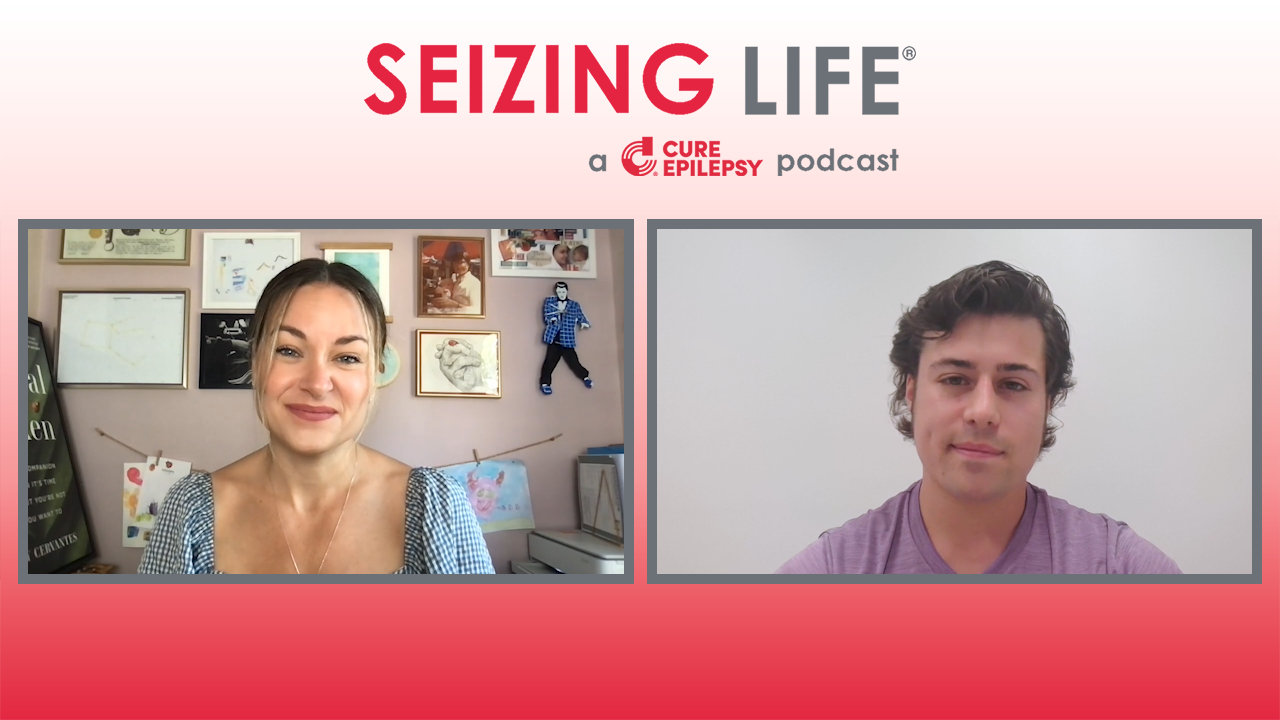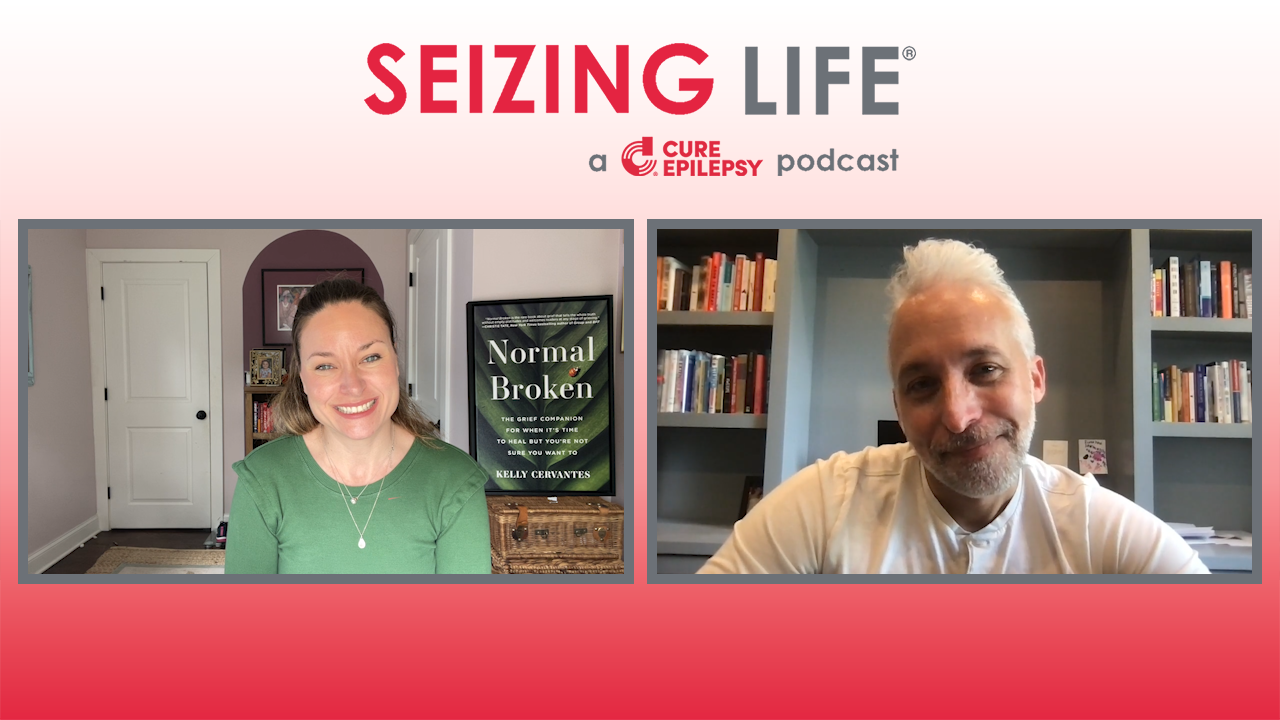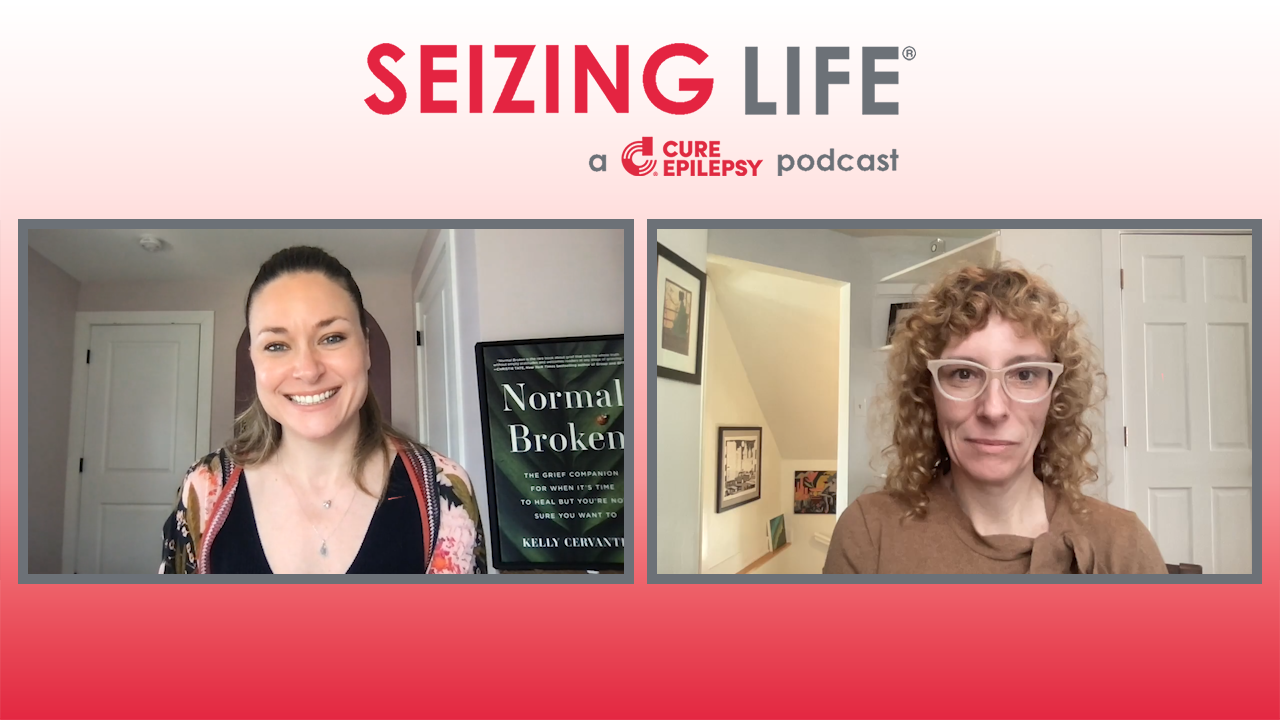Epilepsy and Mental Health: What You Should Know
Depression is the most common psychiatric comorbidity in people with epilepsy.1 Moreover, according to today’s guest Dr. Andres Kanner, individuals with epilepsy have a higher risk of developing anxiety and depression, and those with anxiety or depression have a higher risk of developing epilepsy. This “bi-directional” relationship between epilepsy and mental health issues is critical for physicians, patients, and families to consider and monitor from initial diagnosis throughout the course of treatment.
Unfortunately, anxiety and depression are rarely discussed during the initial diagnosis. But given the data we have now, clinicians like Dr. Kanner recommend that these potential psychiatric comorbidities be investigated and monitored in epilepsy patients, especially those who have a personal or family history of mental health issues.
In this episode of Seizing Life, explore the psychological impacts of epilepsy that can result in mood disorders, like depression and anxiety with Dr. Kanner, Director of the International Comprehensive Epilepsy Center and Chief of Epilepsy Division at the University of Miami, Miller School of Medicine. He discusses the importance of considering the psychological impacts of an epilepsy diagnosis on both patients and families. Dr. Kanner recommends that physicians take a patient’s full personal and family psychiatric history during the initial diagnosis and outlines how that information should be utilized in treating the patient.
Plus, Check Out Our Webinar
To further explore the connection between epilepsy and mental health, please listen to our Epilepsy and Mental Health webinar.
Here, Dr. Kanner further discusses the link between epilepsy and mental health, while providing tips for easing anxiety and depression. During the audience Q&A, Dr. Kanner discusses the importance of facing an epilepsy diagnosis head-on as a family, mourning the loss of predictability, and, eventually, coming to accept epilepsy as part of your life.
1Kanner AM. Depression and anxiety: A new perspective on two closely related disorders. Epilepsy Curr. 2006; 6(5):141-146.
Download Audio
Want to download this episode? Fill out the form below and enjoy the podcast any time you’d like!




